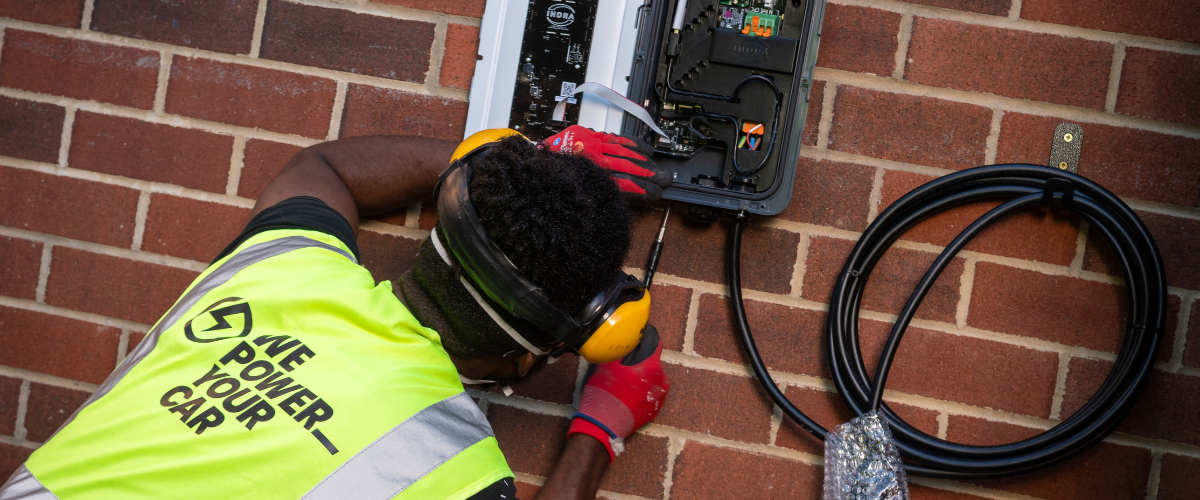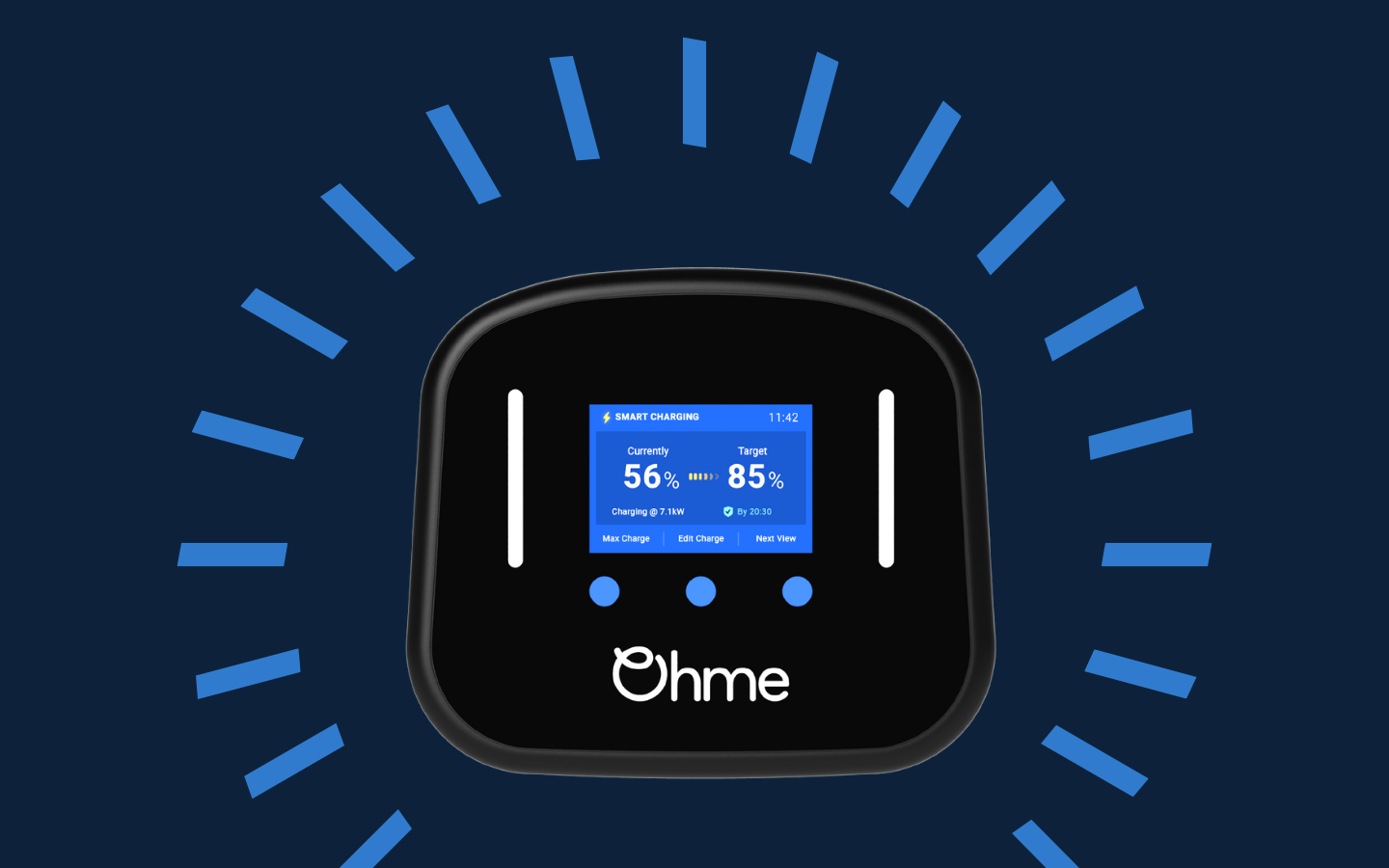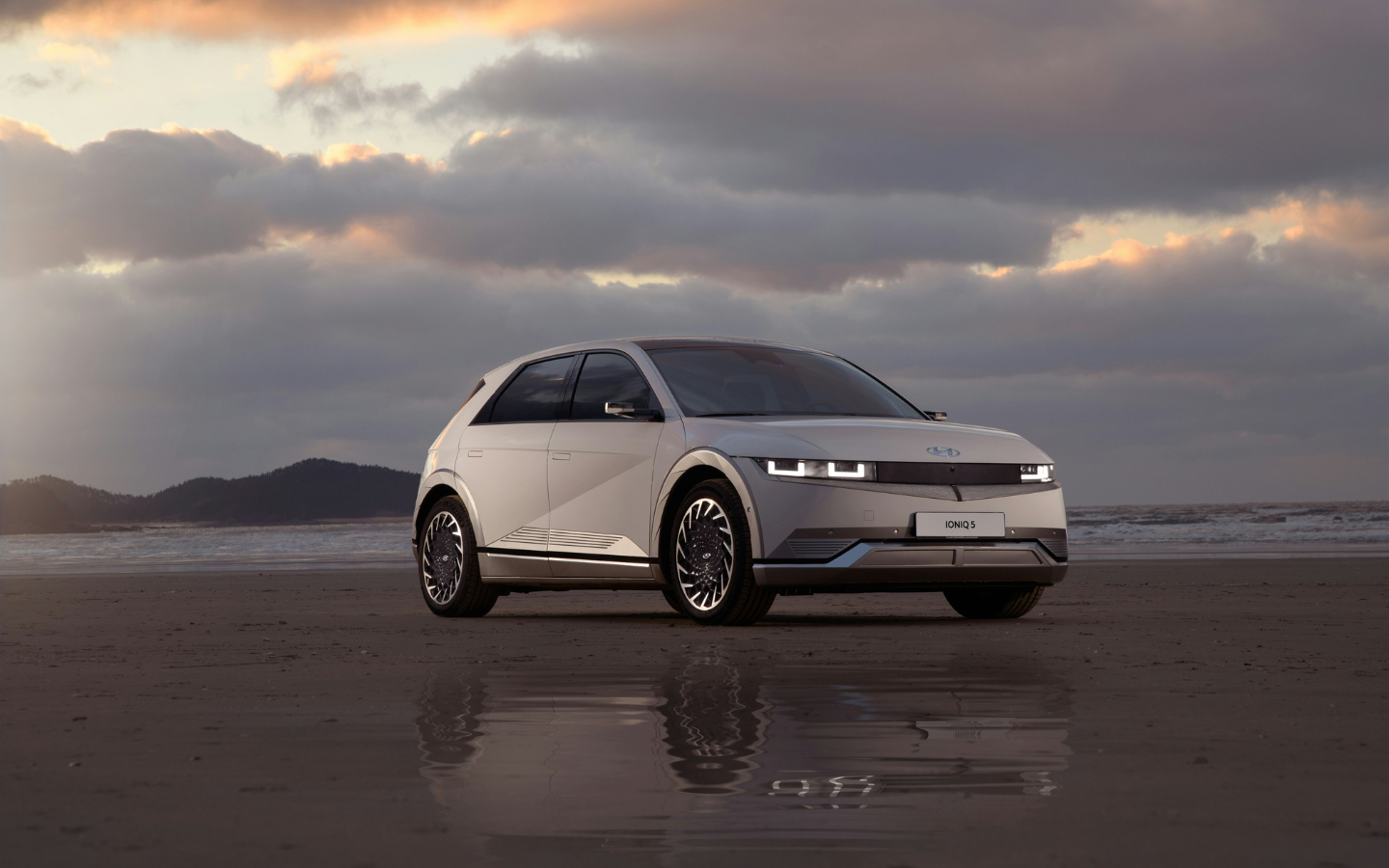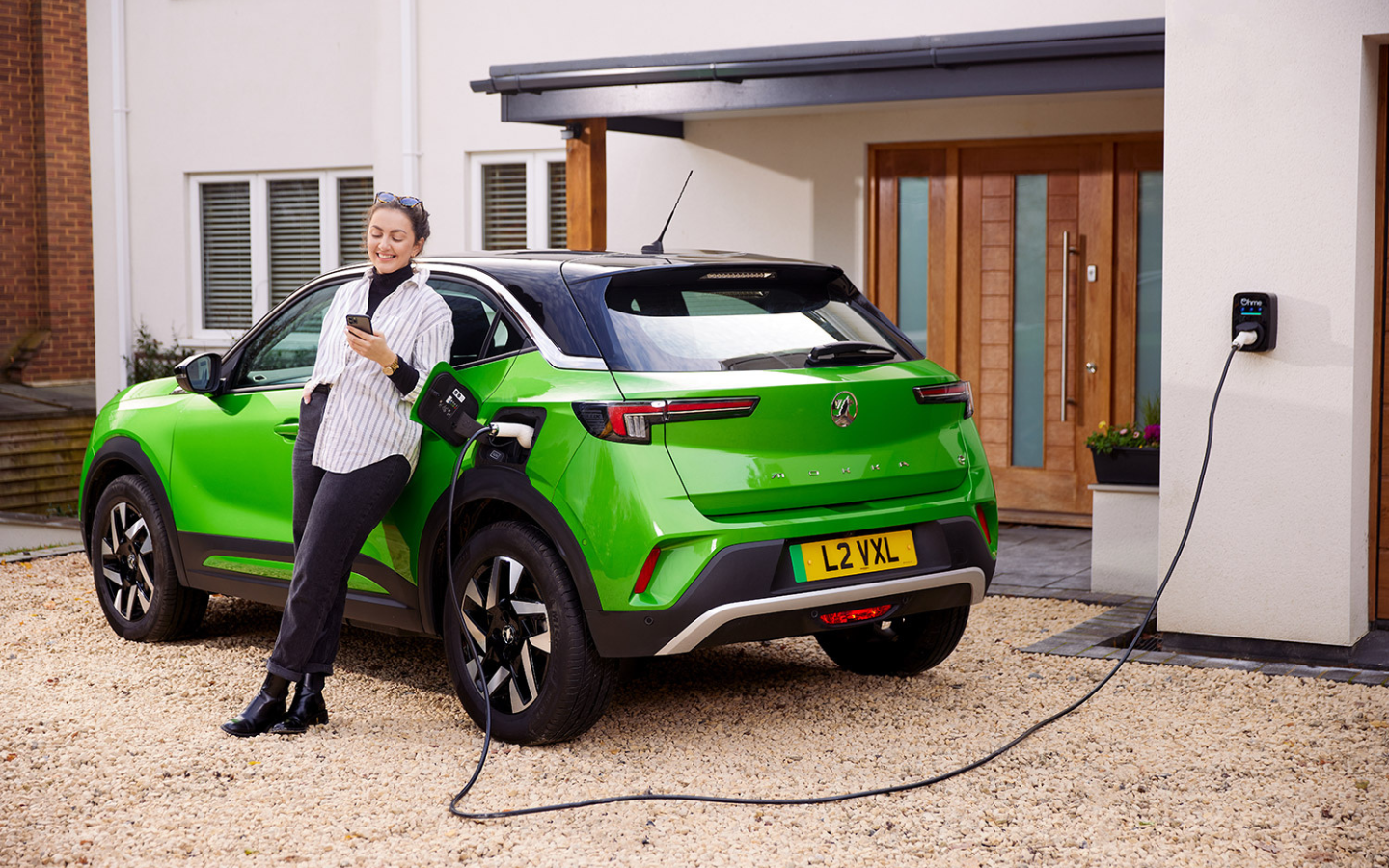

EV Charging Cost Calculator
EV Charging Cost Calculator
Electric vehicles have a reputation for being more expensive than fossil-fuel-powered cars. But, while their upfront cost is higher, they’re incredibly cheap to run—especially if you’ve got a home EV charger.
Use the sliders on our EV charging cost calculator tool below to calculate the real cost of charging your EV at home.
To go the extra mile, read the articles to learn how, with special tariffs and deals from the UK’s major energy companies, you can charge your EV for even cheaper and greener at home.
Cost of charging
calculator_
Latest from We Power Your Car
FAQs
What is vehicle range?
The official range, often recorded as the WLPT (Worldwide Harmonised Light Vehicle Test Procedure) range of your electric vehicle, can be found on the manufacturer’s website, in the handbook that comes with the car, or a third-party website such as EV Database . It is a useful guide, but EV range often differs in real-world conditions.
What does battery size mean?
If you are not sure exactly how big the battery of your exact model is, you can check on the manufacturer’s website, in the handbook that comes with the vehicle, or a third-party website such as EV Database
What is annual mileage?
Don’t worry if you don’t know this off the top of your head. You can make a rough estimate by adding together the distance to and from places you go most often or checking the MOT records from year to year for your current vehicle. You also may have had to make an estimate when buying car insurance, so your policy will have that noted down. Recent MOT data revealed that the average mileage across the UK is 6,551 miles. If all else fails, that might be a good place to start.
What do you mean by household energy cost?
The cost per kWh of your electricity will be recorded on your bill, online, or in the provider’s app if that’s how you administer your account. Remember, some tariffs are variable, and there are special deals for EV drivers who charge at off-peak times, such as Intelligent Octopus Go or OVO Charge Anytime.
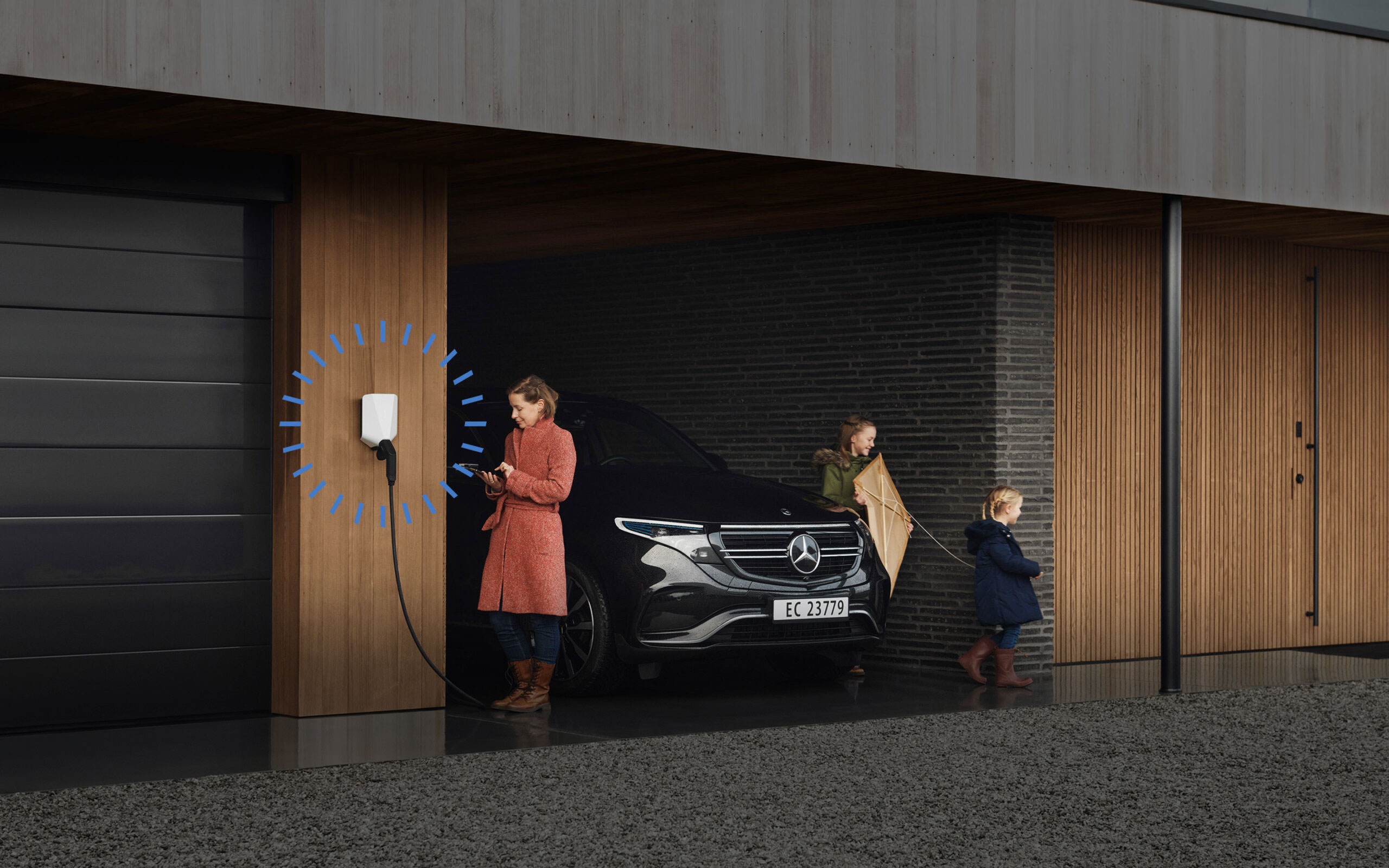
Start saving with We Power Your Car
Ready to start saving with an EV charger?
Explore our detailed, go-to guide to EV charger installation.

